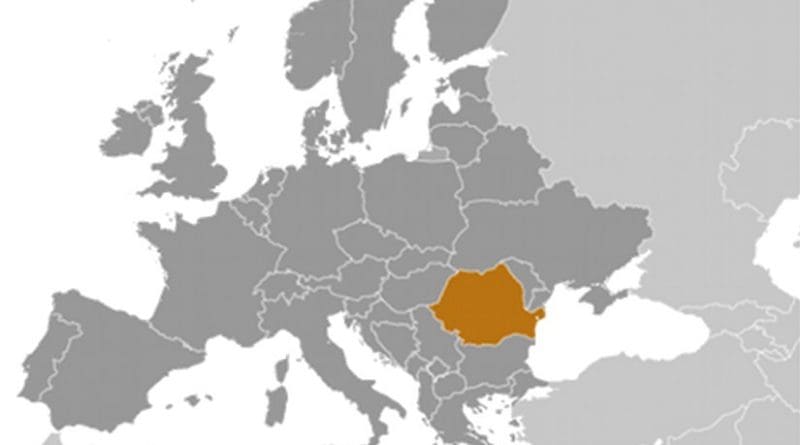Romania To Investigate Deaths In 1989 Revolt
By Cristina Bucureasa
When Gabriela Birbora lost her husband on December 24, 1989, it was more or less the end of an era for her.
Since then, this widow who lives in Resita, in western Romania, has dedicated her time and energy to finding out who was responsible for the death of her husband during the protests in 1989 that brought down the communist regime.
In 1990, the Military Prosecutor’s Office opened a criminal investigation into these events, but for years the case dragged on without any result.
As a result, Birbora decided to address the European Court for Human Rights, ECHR.
“I wish I would not have had to face this situation. I wish the criminals [who killed her husband] had been found and punished since 1990. I just want them identified, and to tell me what and who urged them to commit murder,” Birbora told Balkan Insight.
Last year, the ECHR ruled against Romania in the Birbora case, ordering it to pay her compensation for the length of the criminal proceedings.
Last October, however, Romanian prosecutors closed all files related to the 1989 events saying they had no evidence to prosecute anyone, blaming what happened at the time on soldiers shooting each other due to “fatigue and stress.”
On Wednesday, however, the interim General Prosecutor, Bogdan Licu, sought to reopen the 26-year old case.
“During the investigation, there was no concern for determining key aspects of the events in December 1989,” Licu said.
“Nothing was done to establish who decided to open fire. In most cases, there were no autopsies and no justification was provided for their not being carried out.
“The bullets used against the victims were not recovered, again with no justification… Obviously, the shooters have not been identified, either,” Licu added.
Prosecutors will also investigate whether any of the events in December 1989 can be classified as genocide.
The decision is welcomed by those who were involved in the events and their relatives. “We were waiting for this to happen. In my opinion, this is a change in attitude [at political level], which was not seen before,” Teodor Maries, president of “21 December” association, which represents the interest of victims of the Romanian revolution, said.
Birbora also welcomes the decision. “The Revolution file has to be investigated, so that we – the widows, our children, our parents – aren’t afraid anymore. Someone who once committed a crime without being punished could not do it again and again, with no fear,” she said.
In December 1989, traditionally passive Romanians rose up and Nicolae Ceausescu’s 25-year rule ended in bloodshed. Some 1,166 people were killed during the revolt and Ceausescu and his wife, Elena, were executed on Christmas Day after a hasty trial.
Many Romanians say they no longer care about the 1989 revolution because they are more concerned about everyday problems. Surveys show that nearly half the population believe life was better in the communist era, with a higher standard of living and job security being given as the main arguments. Less than a quarter of Romanians say that life has improved since the overthrow of Ceausescu’s regime, although Romania joined the European Union in 2007.

